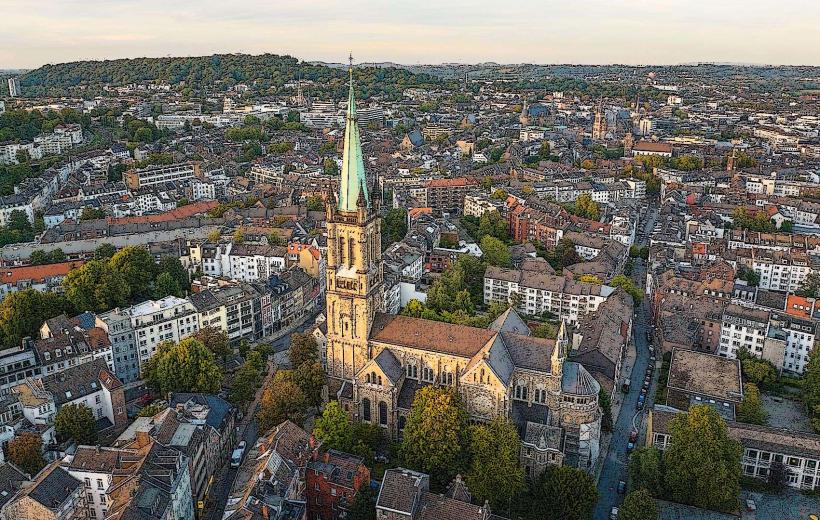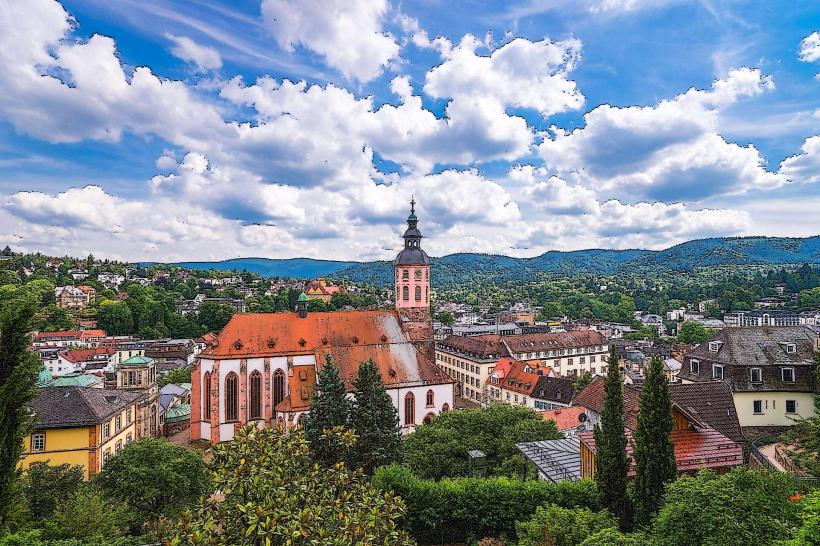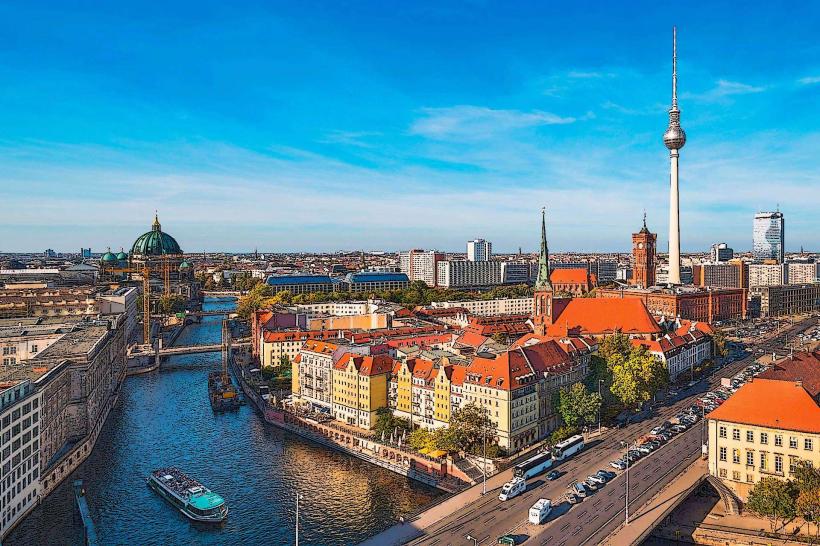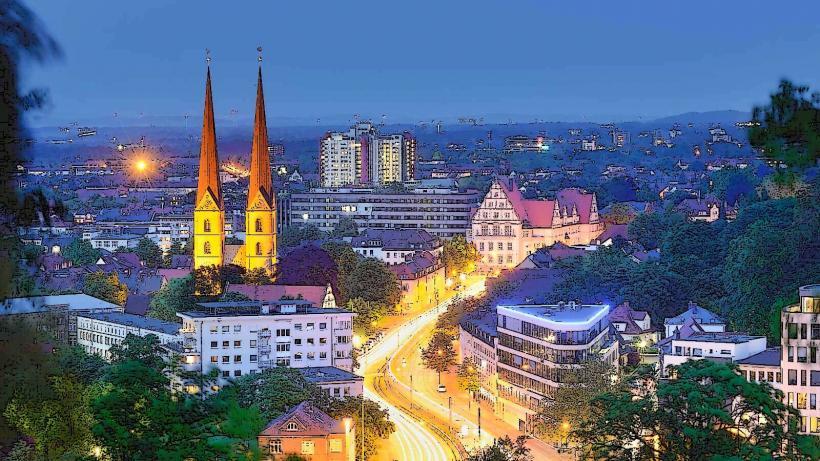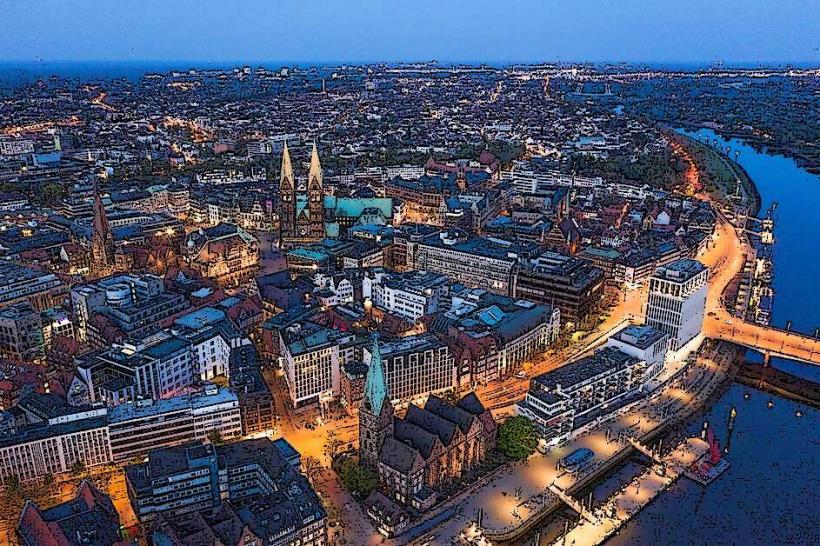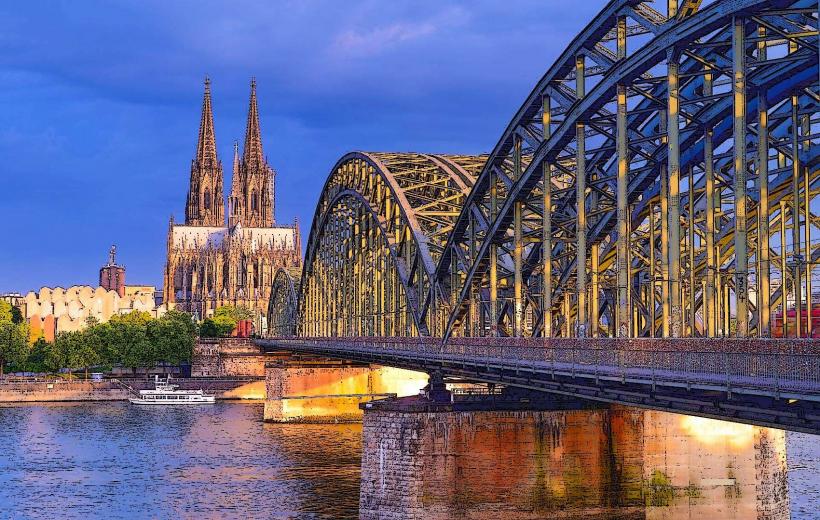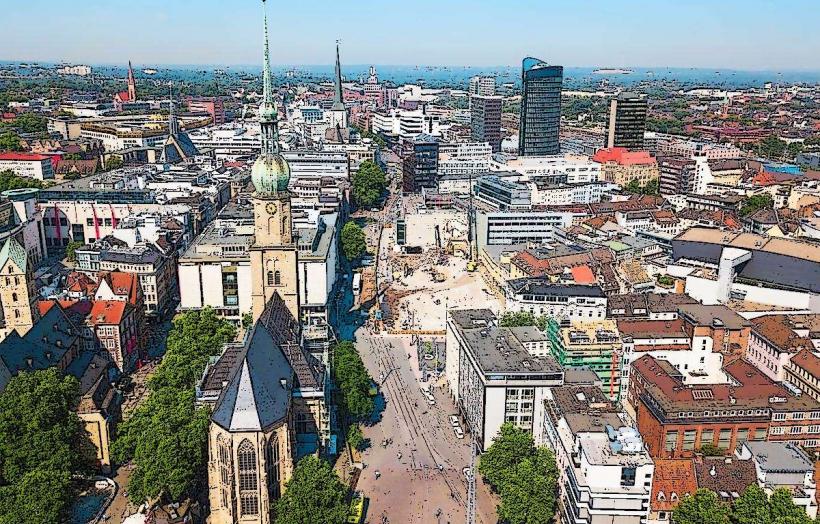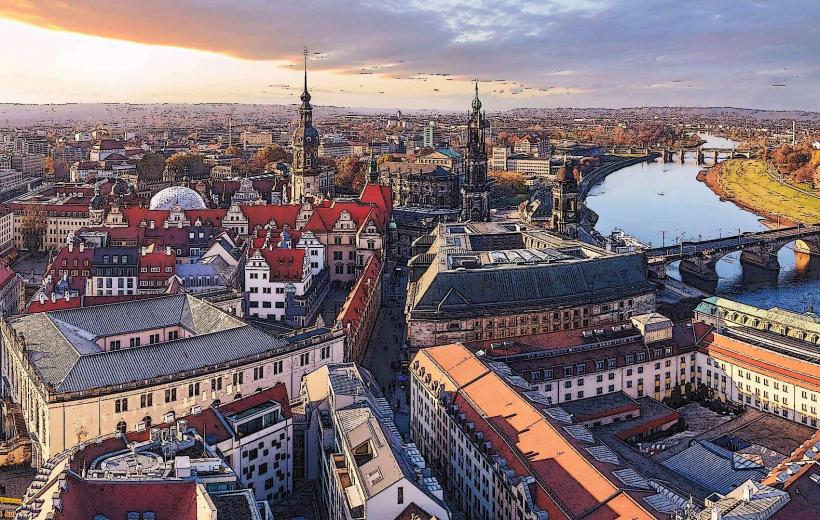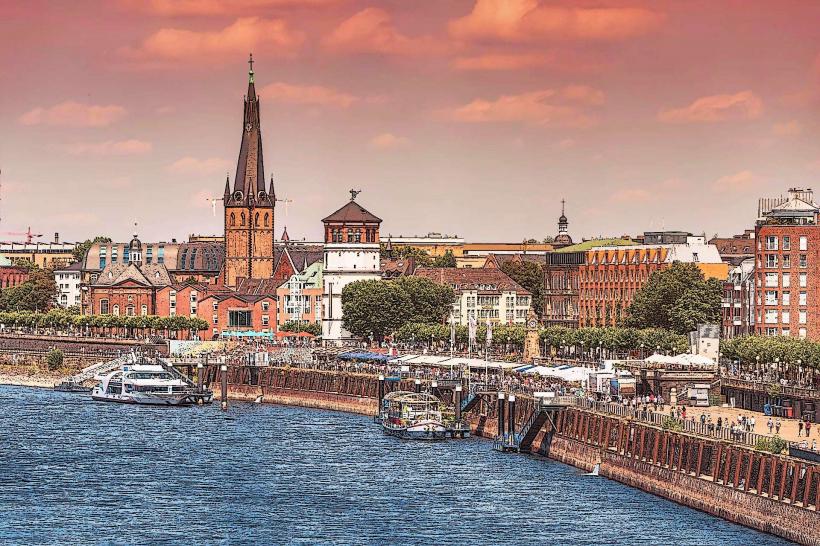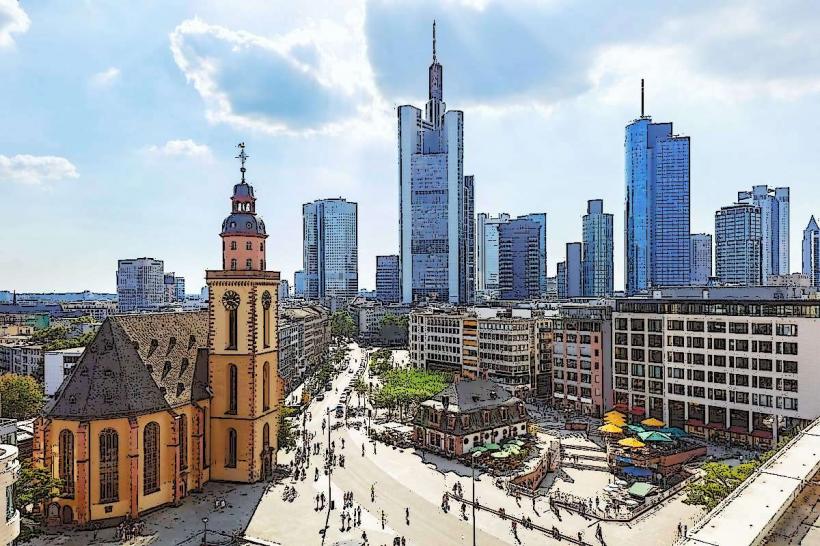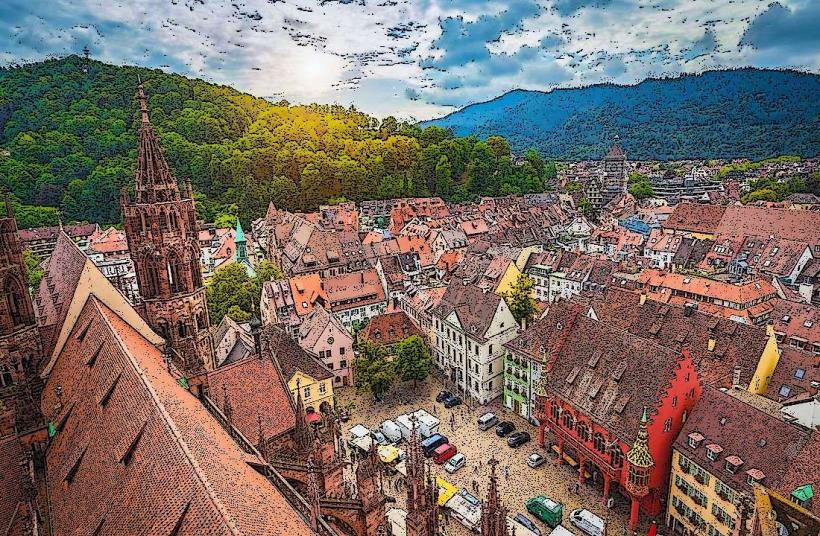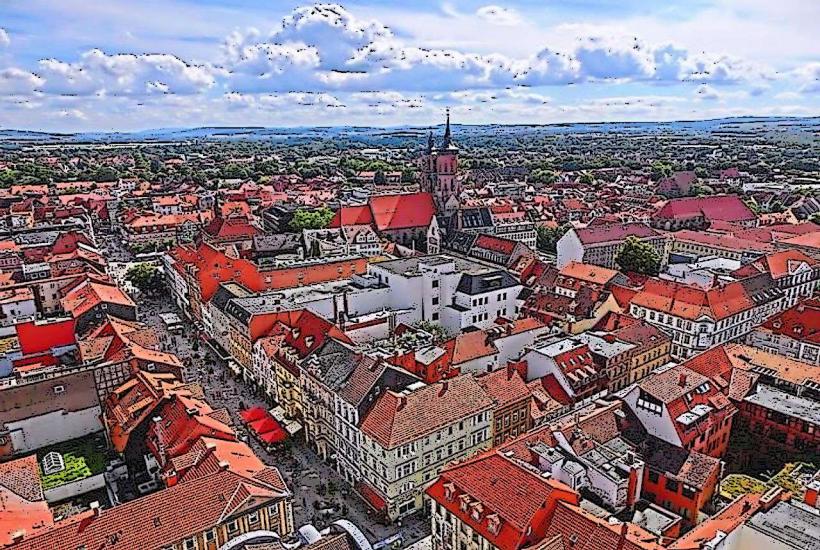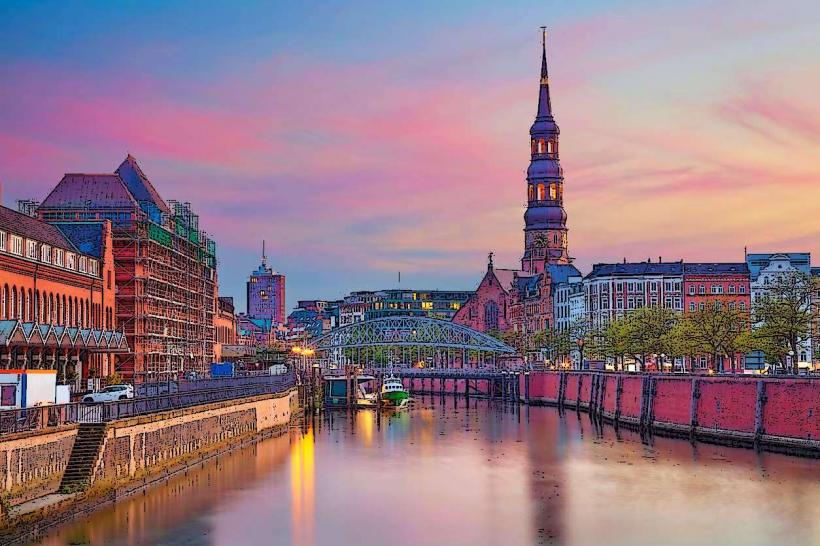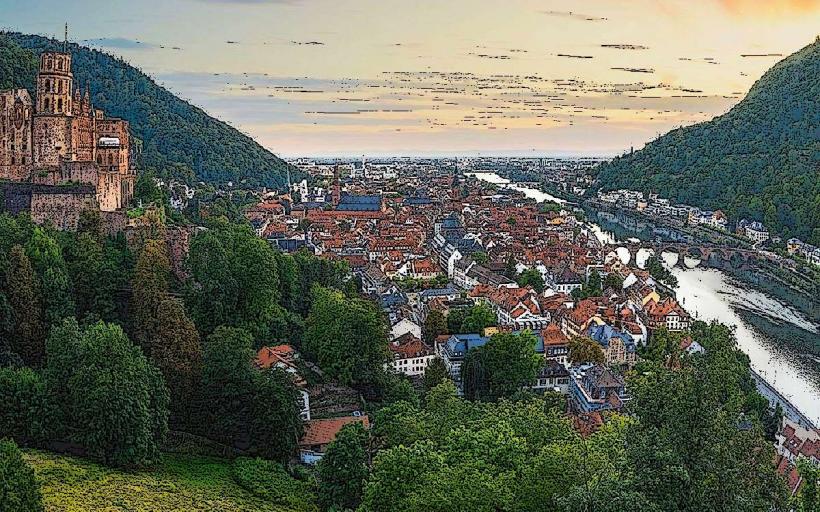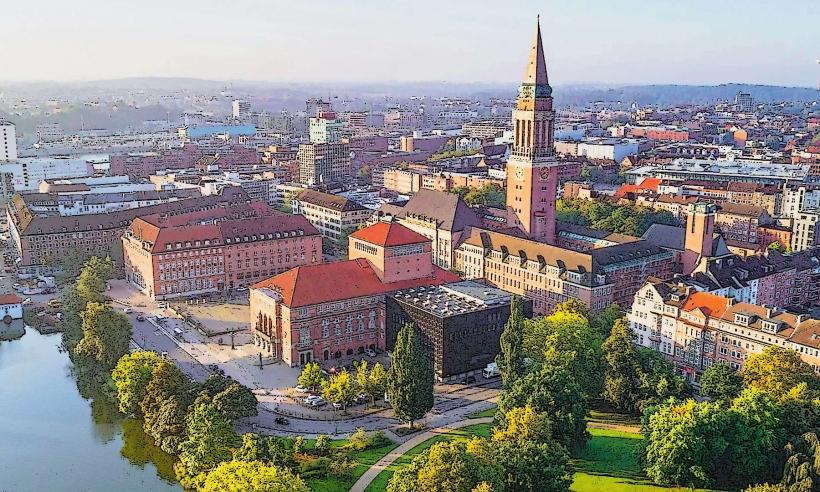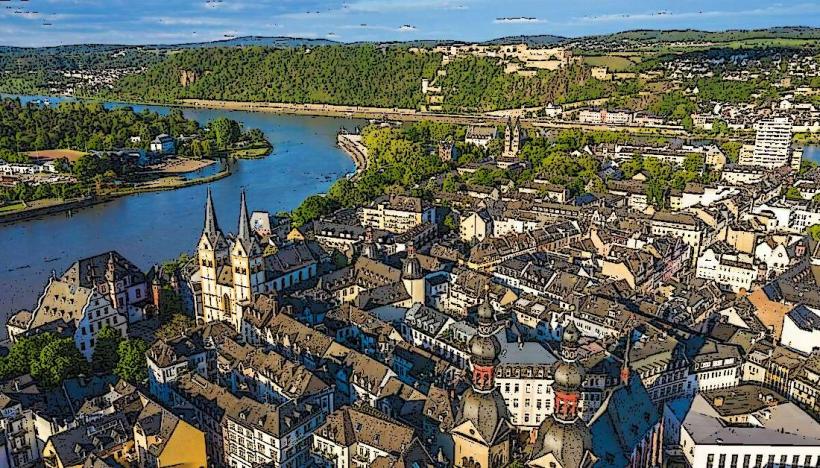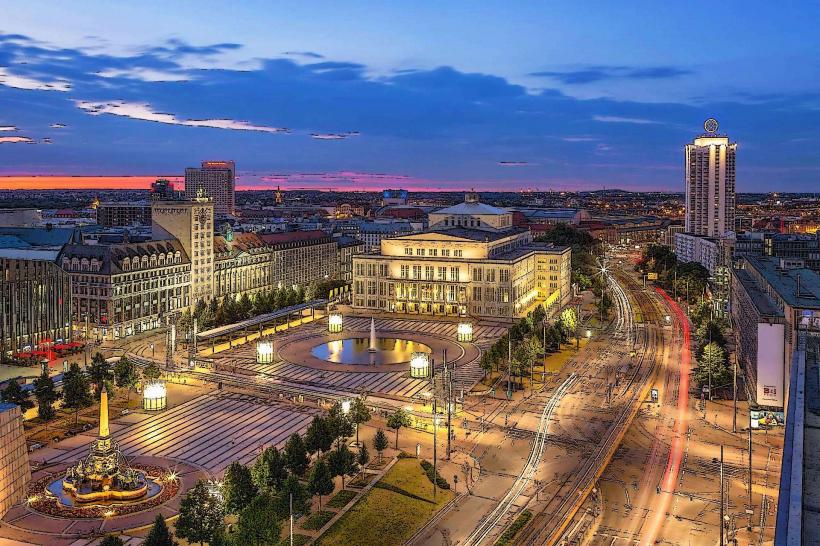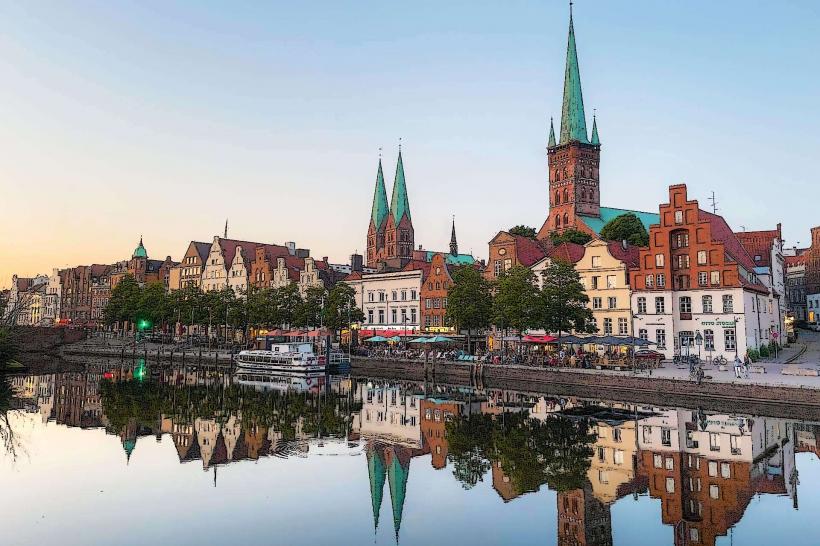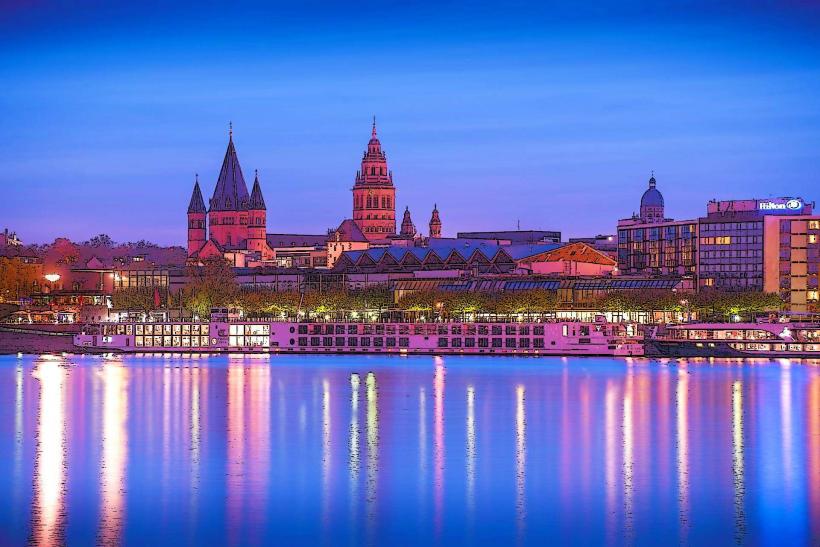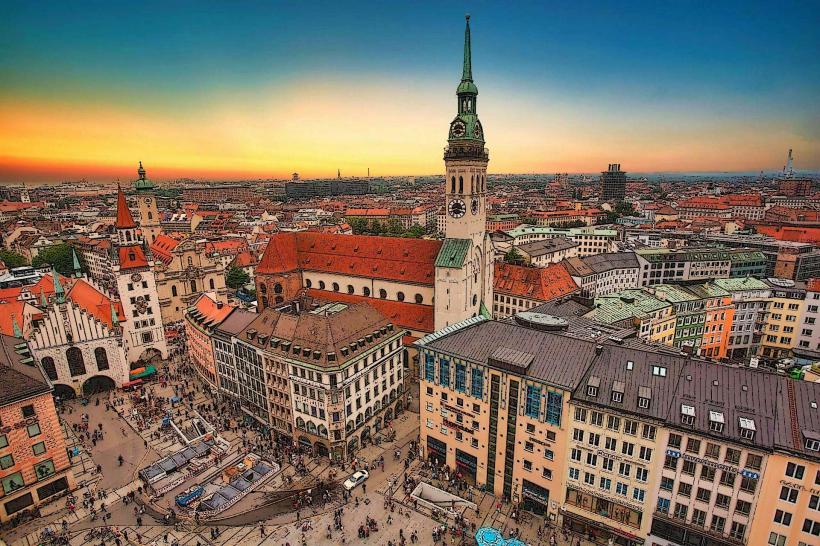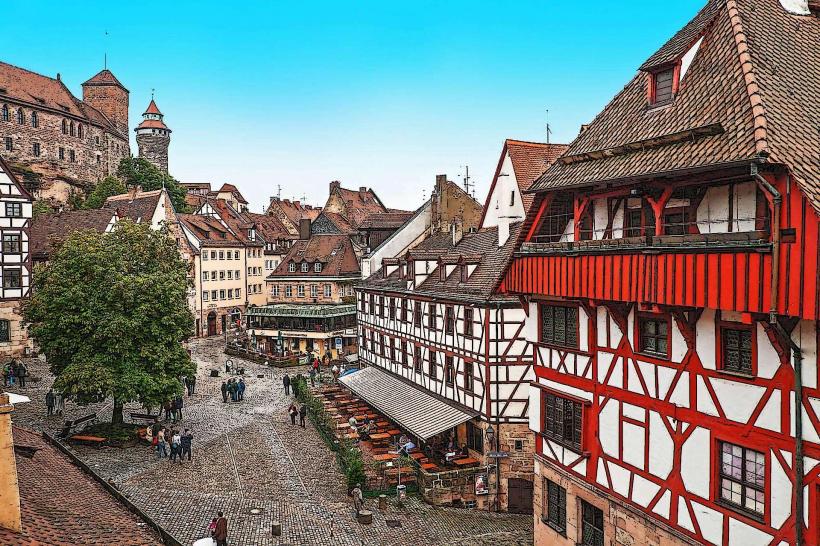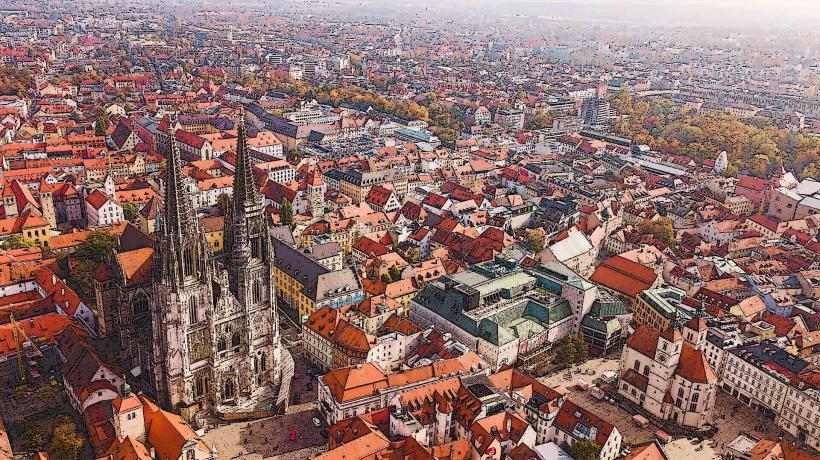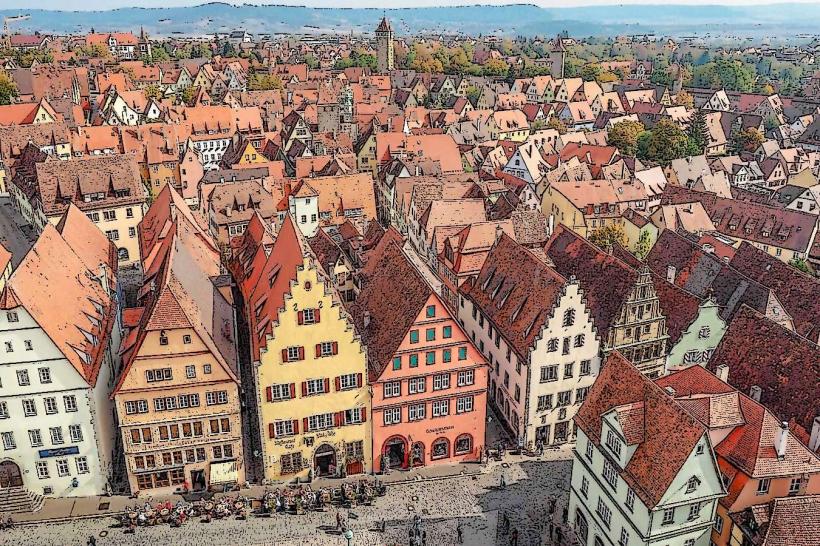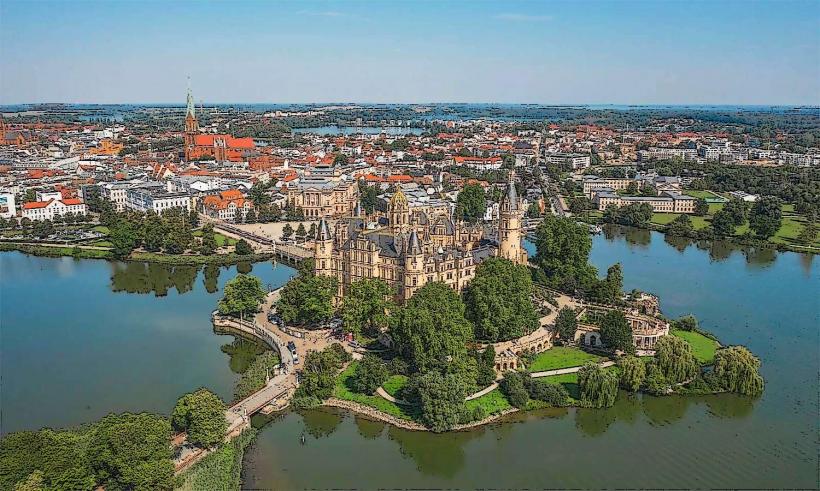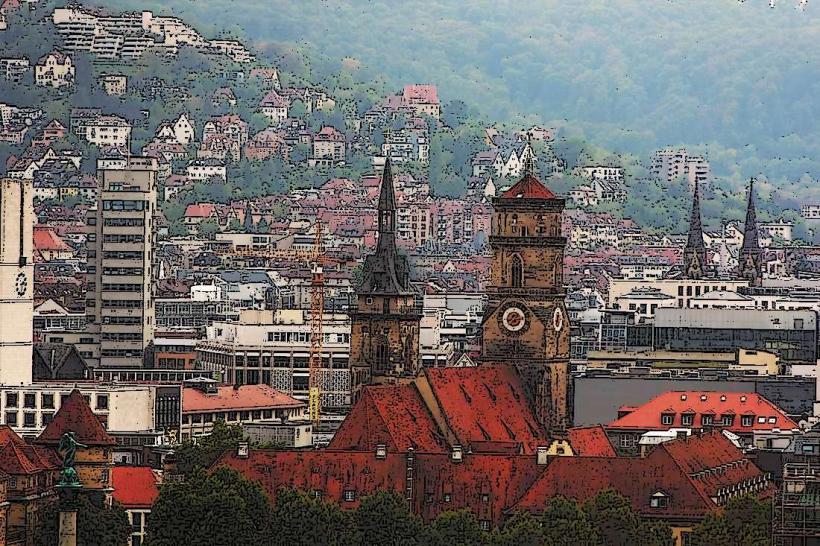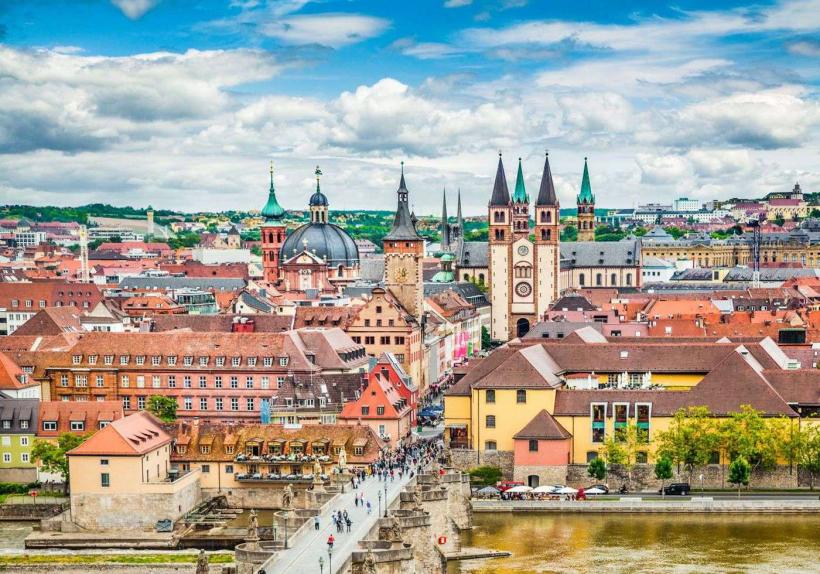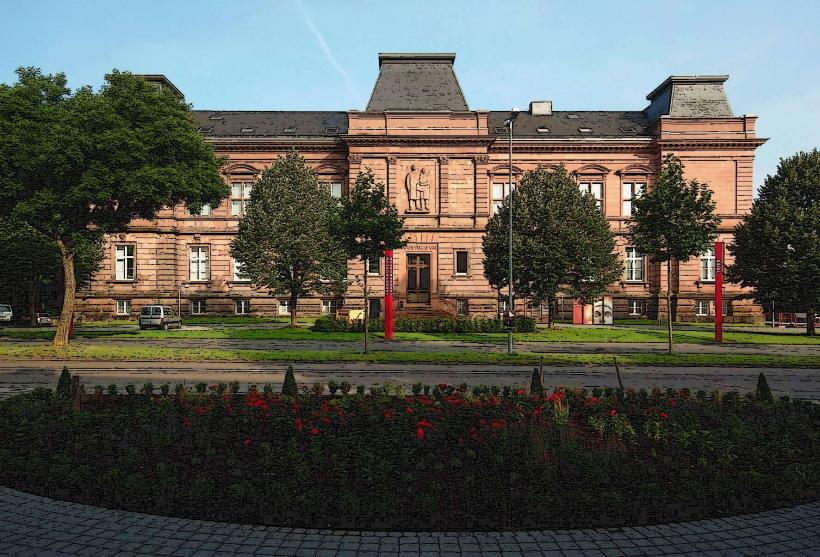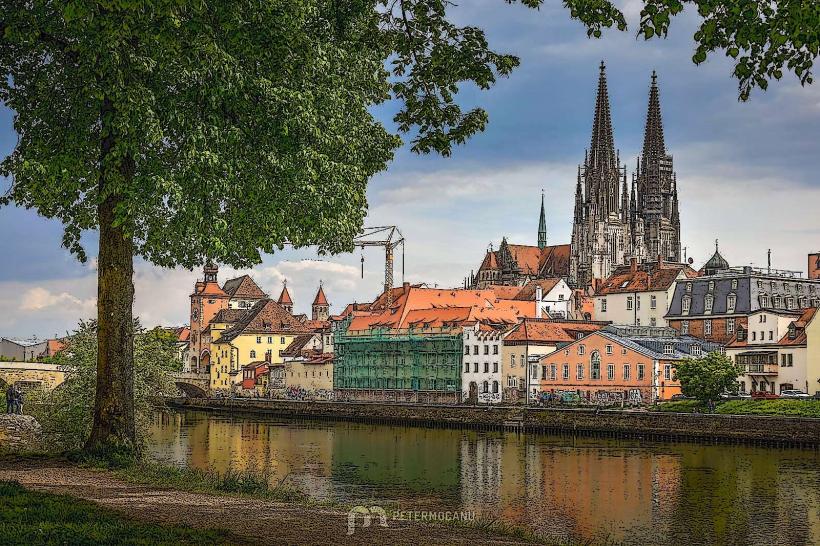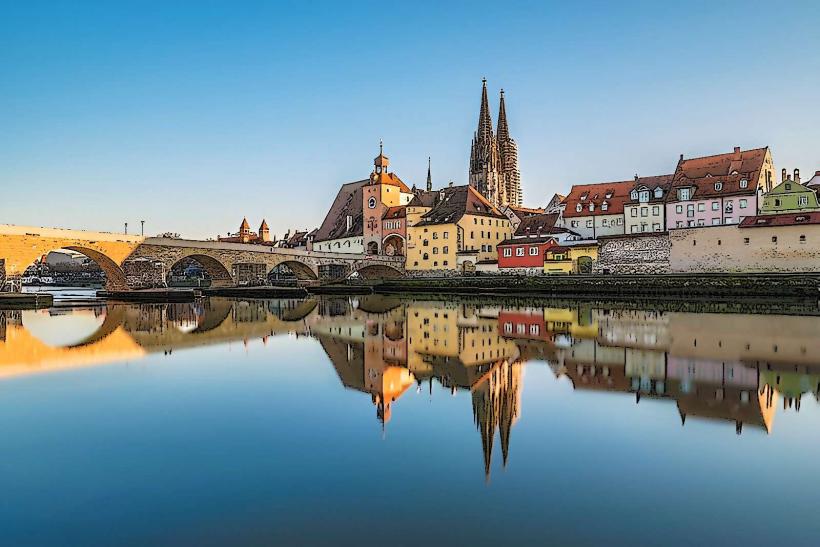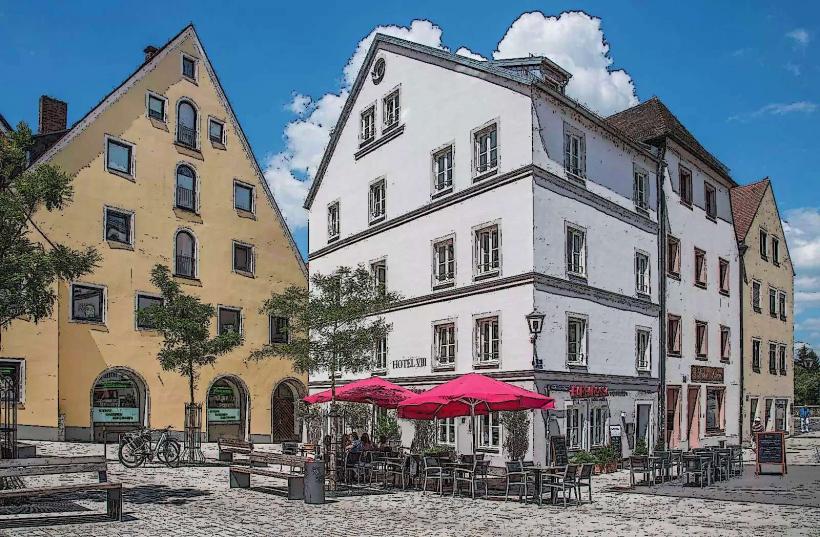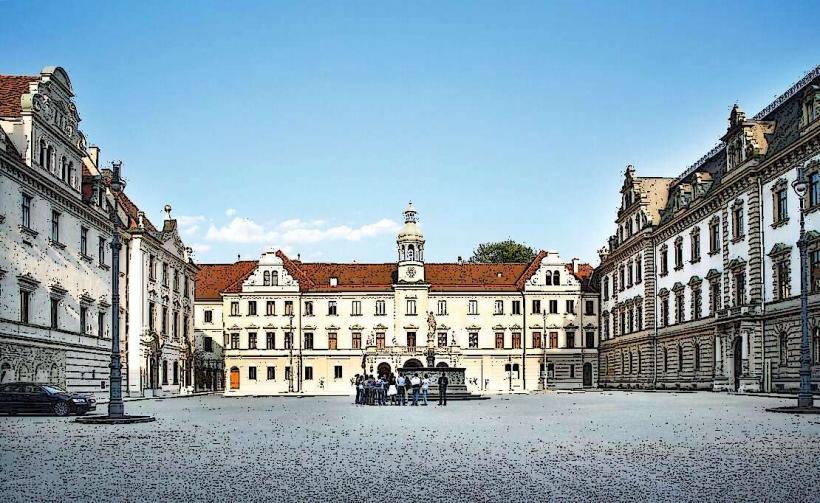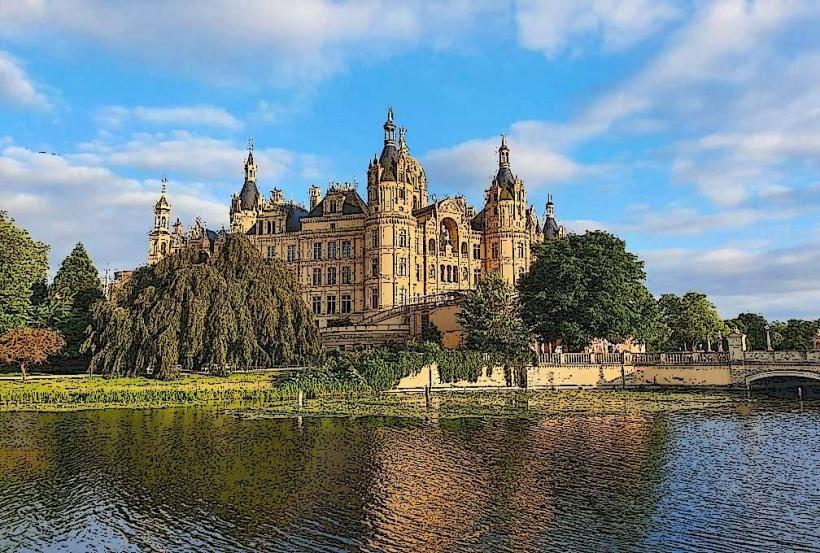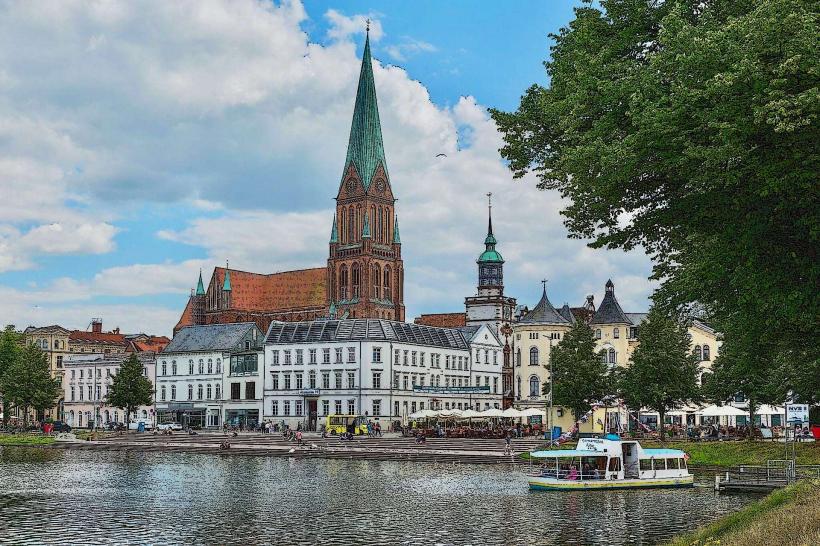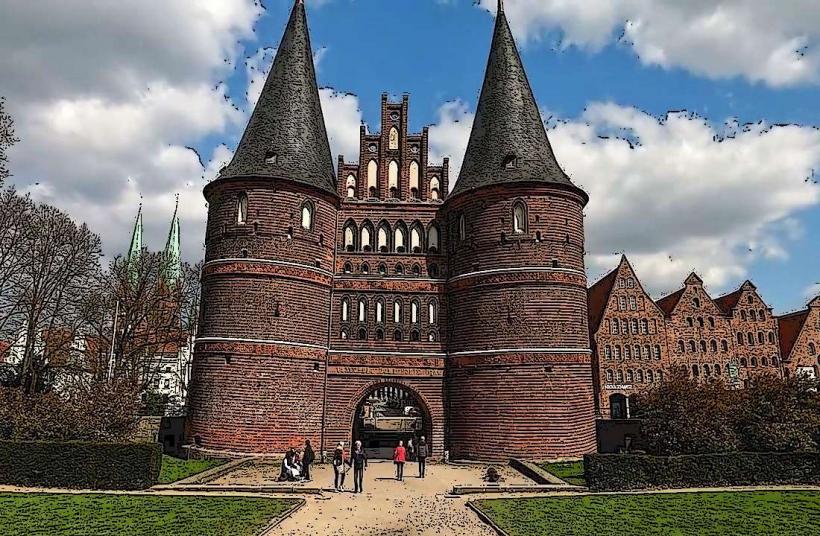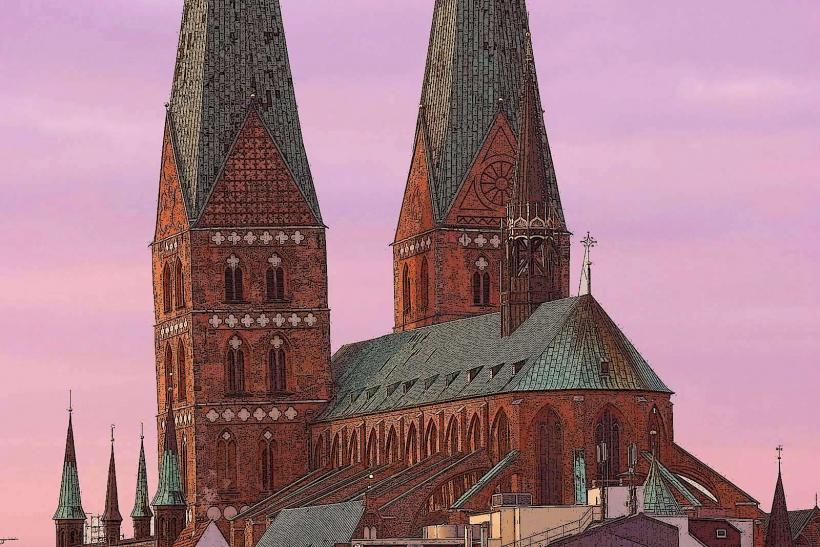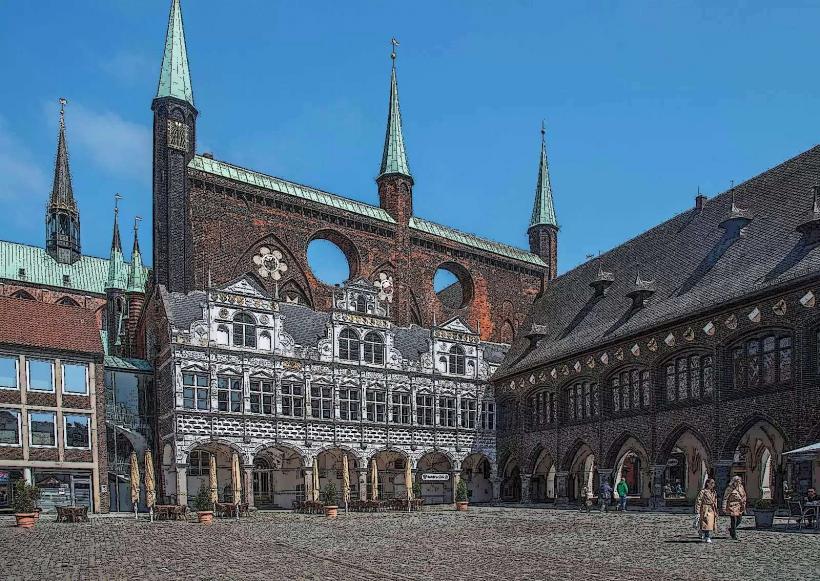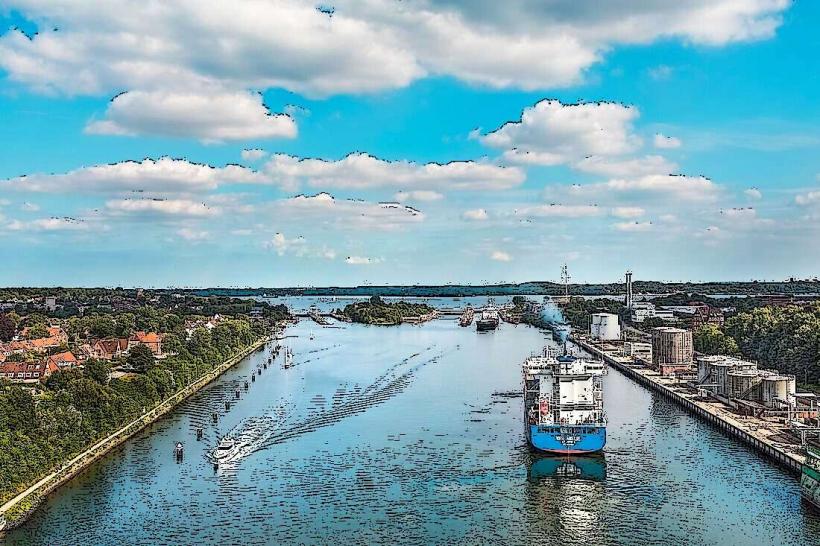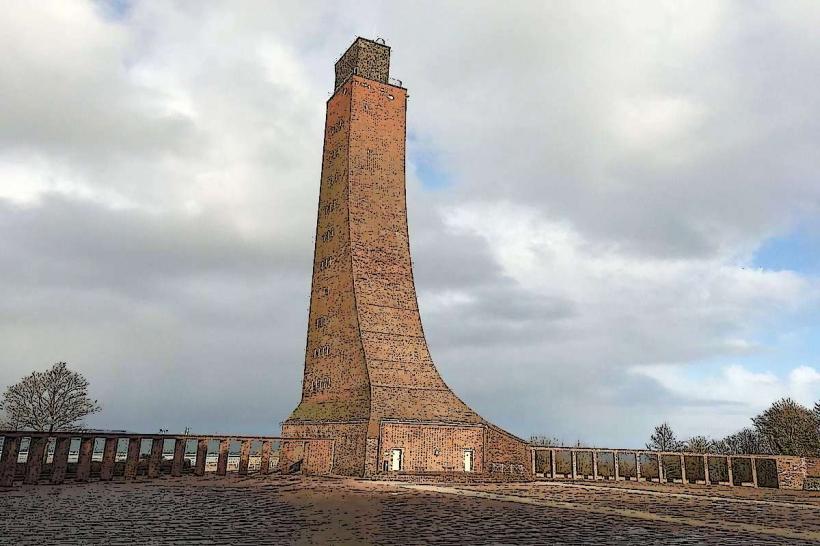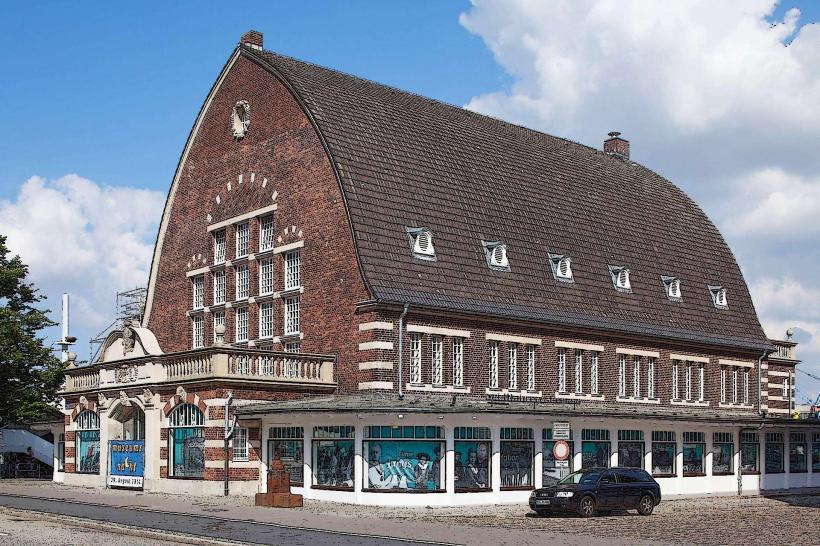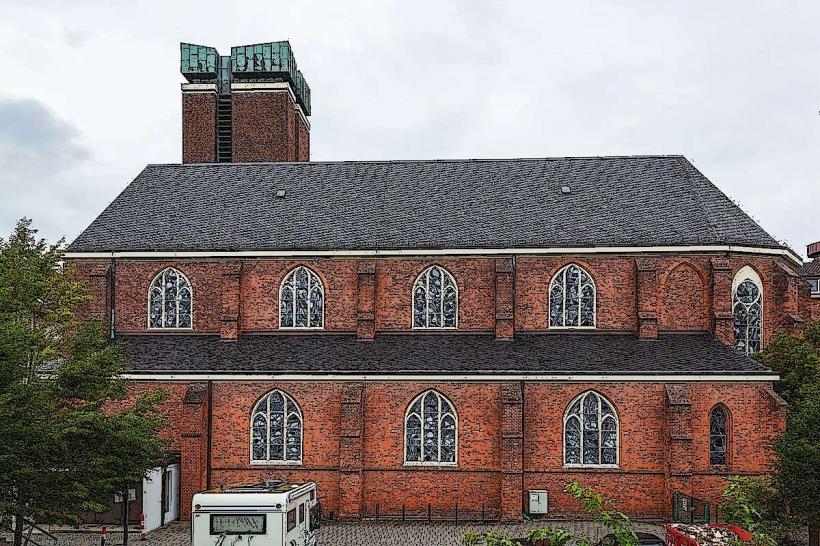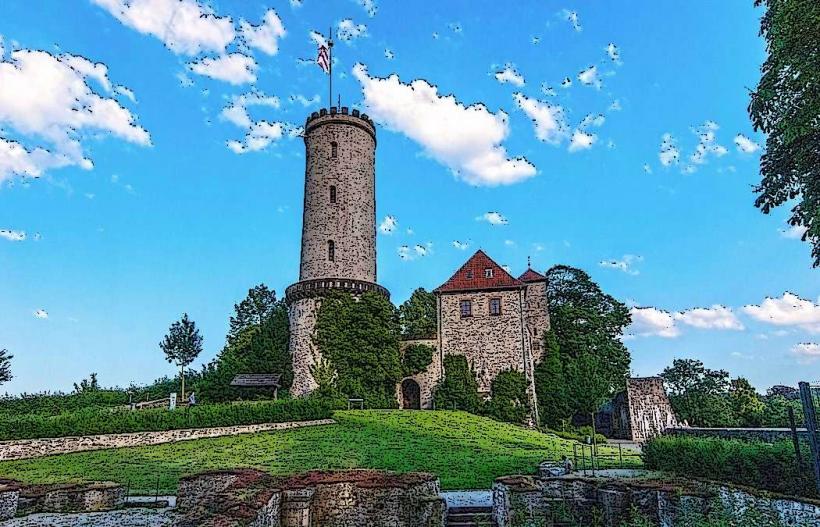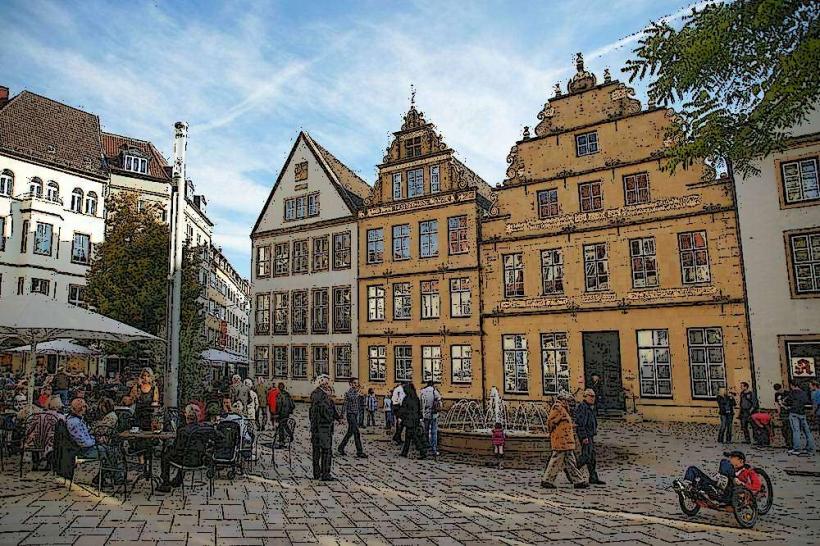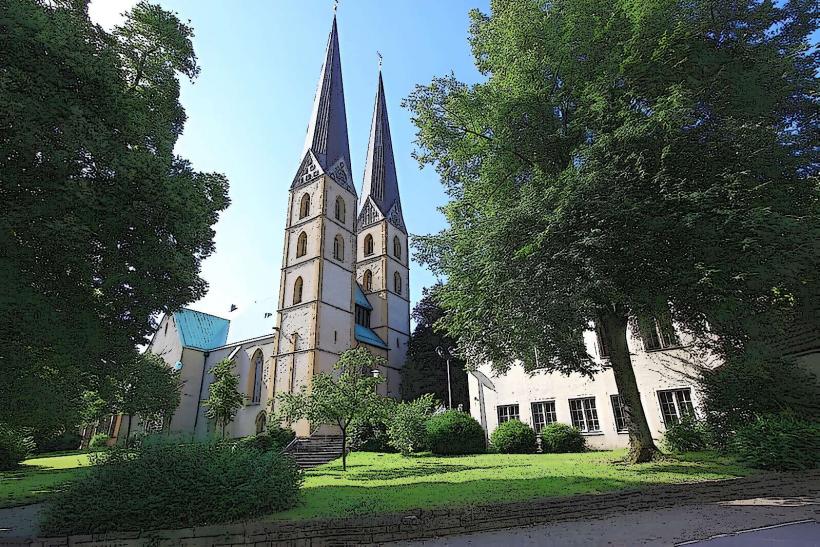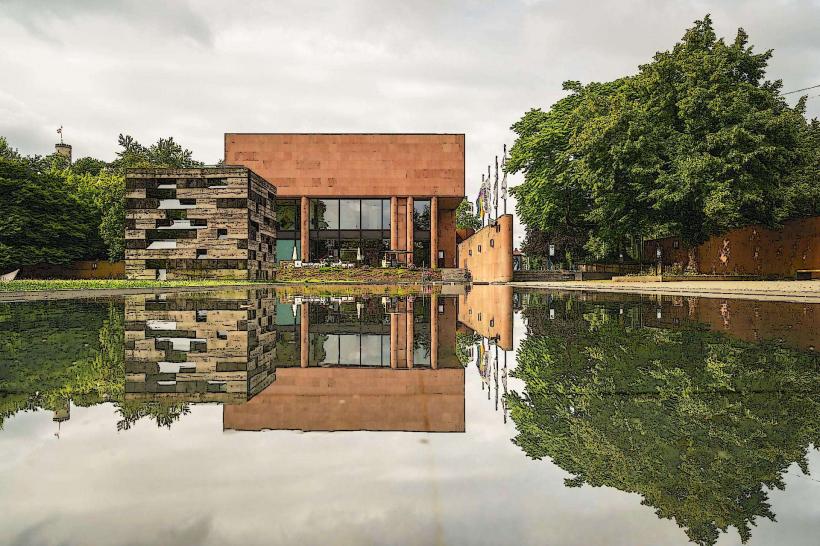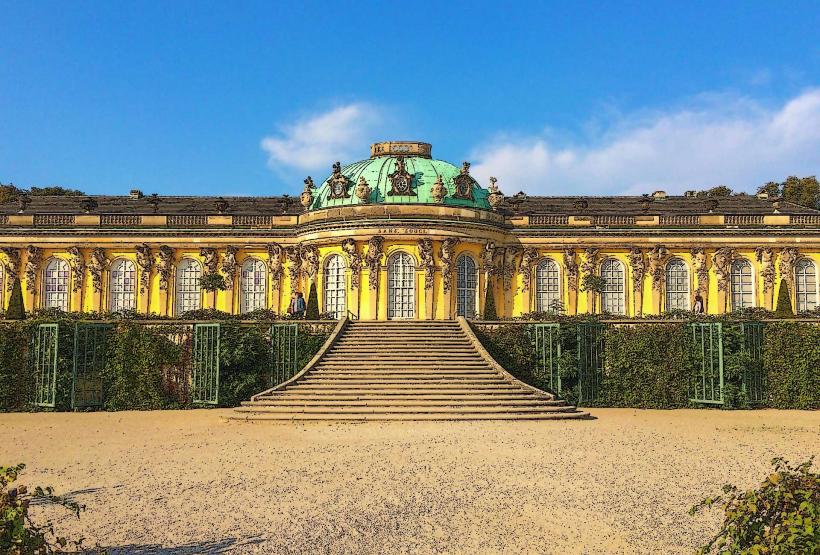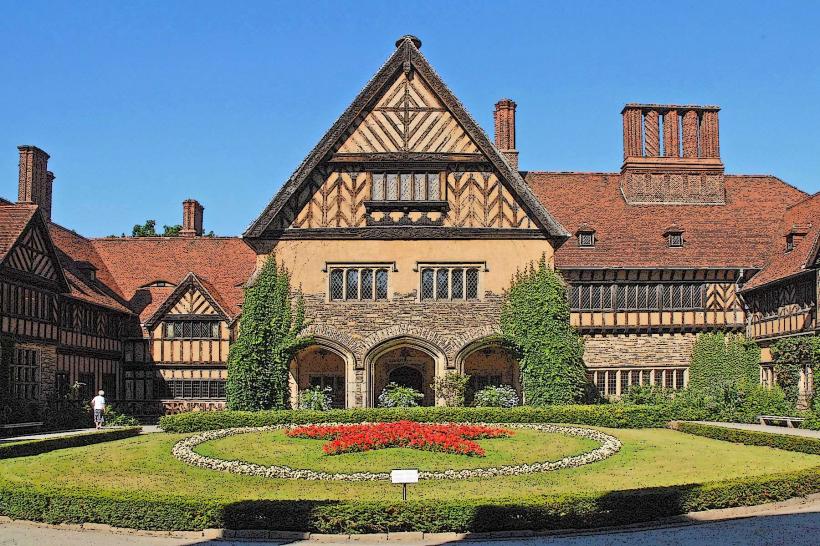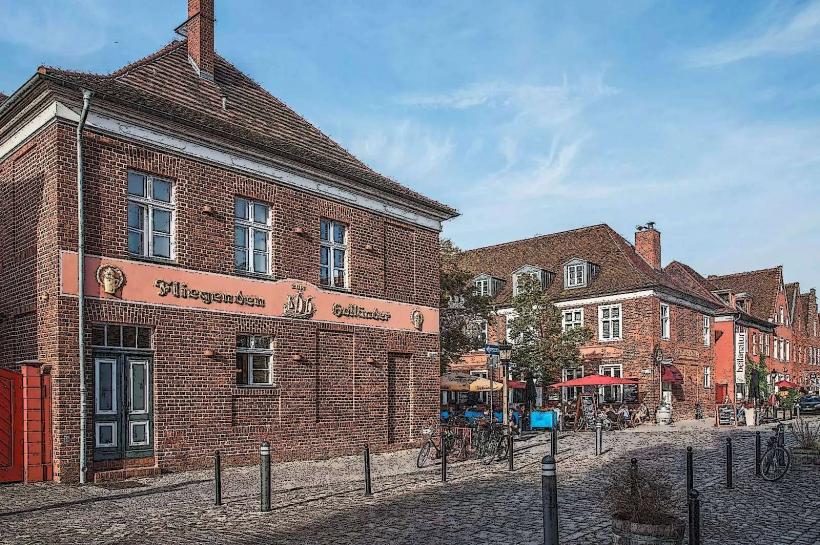Information
Country: GermanyContinent: Europe
Germany, Europe
Germany is located in Central Europe, bordered by Denmark to the north, Poland and the Czech Republic to the east, Austria and Switzerland to the south, and France, Luxembourg, Belgium, and the Netherlands to the west. It is defined by its diverse geography from the North Sea and Baltic coasts to the Bavarian Alps, and its position as Europe’s largest economy, with Berlin serving as the capital city.
History & Culture
Modern Germany was unified in 1871, followed by the Weimar Republic, the Third Reich, and the division into West and East Germany after WWII. Reunification occurred on October 3, 1990. 50% of the population identifies as Christian (Catholic and Protestant), with a growing secular demographic. The primary national holiday is German Unity Day (October 3). Social etiquette prioritizes punctuality, direct communication, and strict adherence to rules like quiet hours (Ruhezeit) and recycling protocols.
Language & Communication
The official language is German. English proficiency is Very High, particularly in urban centers, the business sector, and among the younger population. Significant regional dialects include Bavarian, Swabian, and Saxon, though High German (Hochdeutsch) is the standard for media and administration.
Population & Economy
The population is approximately 81.7 million, with 77.7% residing in urban areas. Top export commodities are motor vehicles (VW, BMW, Mercedes), machinery, chemicals, and electronic products. GDP per capita is approximately $63,600 USD. The economy is driven by the "Mittelstand" (specialized small-to-medium enterprises) and a massive manufacturing core.
Visa & Entry Policy
As a core Schengen Area member, Germany allows visa-free entry for citizens of the US, UK, and Canada for up to 90 days in a 180-day period. As of late 2026, the ETIAS authorization is mandatory for these visa-exempt travelers. The Entry/Exit System (EES) is operational, recording biometric data at all border crossings.
Currency & Payment Systems
The currency is the Euro (EUR). Contactless card and mobile payments are now the standard in cities. Cash remains necessary for some traditional beer gardens, bakeries, and small kiosks (Spätis). ATMs (Geldautomat) are universal; use bank-affiliated machines to avoid high fees.
National Transport Grid
The rail network, operated by Deutsche Bahn (DB), is the primary transit artery, featuring ICE high-speed trains. The Deutschlandticket ($63$ EUR/month) provides unlimited travel on all local and regional transport nationwide. Domestic flights connect hubs like Frankfurt, Munich, and Hamburg, though short-haul routes are increasingly discouraged in favor of rail. The Autobahn network provides high-speed road transit, with some sections maintaining no permanent speed limit.
Digital Infrastructure
Primary mobile network providers are Deutsche Telekom, Vodafone, O2 (Telefónica), and 1&1. 5G coverage exceeds 92% of the population. Fixed fiber-optic expansion is a national priority through 2030, though speeds in some rural areas still lag behind urban centers.
Climate & Seasonality
Germany has a temperate seasonal climate. Summers (June–August) are warm with occasional heatwaves. Winters (December–February) are cold and often grey, with significant snow in southern elevations. The wettest months are typically June and July.
Health & Safety
There are no mandatory vaccines for entry. Tick-borne encephalitis (FSME) is a risk in southern forested regions during summer. The universal European emergency number is 112 for Medical and Fire; 110 is the direct line for Police.
Top 3 Major Regions & Cities
Berlin-Brandenburg: Hub: Berlin.
Bavaria (South): Hub: Munich.
Rhine-Ruhr (West): Hubs: Cologne, Düsseldorf.
Local Cost Index
1L Water: €0.85 ($0.92 USD) + €0.25 Pfand (bottle deposit).
1 Domestic Beer (0.5L): €4.50–€5.50 ($4.90–$6.00 USD).
1 Sim Card (Prepaid 20GB): €20.00 ($21.80 USD).
Facts & Legends
Germany is home to Neuschwanstein Castle, the 19th-century Romanesque Revival palace that served as the inspiration for Disney’s Sleeping Beauty Castle. A prominent cultural legend is the "Pied Piper of Hamelin" (Rattenfänger von Hameln), a folk tale dating to 1284 concerning the mysterious disappearance of 130 children, which historians believe may reflect a real-life mass emigration or plague event.

